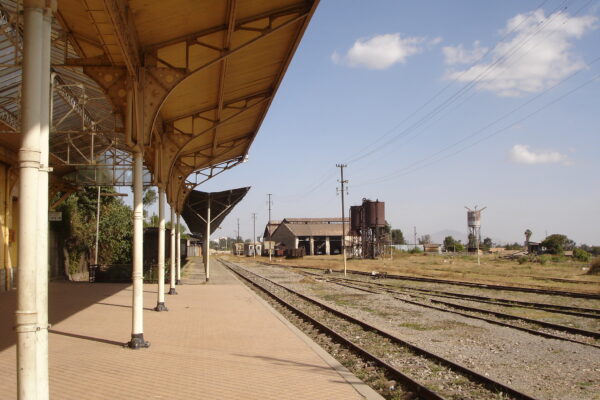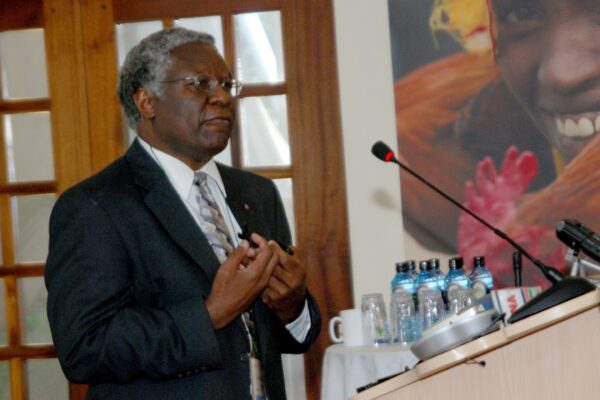Expanding the Legacy
Tag: Africa
Debt Restructuring: Governance Missing from Equation
An untold number of debt relief initiatives have failed to help developing countries carry their financial burden. The schemes, well-meaning in nature, follow a predetermined script: the debtor nation promises reforms, the implementation of sound governance practices, and fiscal prudence. However, once creditors and debtors have reached an amicable agreement, the script goes awry. Promises are instantly forgotten and reform plans put on ice. Apart from perhaps a few cosmetic touch ups, governance remains as dismal as before.
Africa Seeks to Cash in on Energy Crunch
Already jittery markets, largely without direction, are braced for a near-perfect storm as central banks taper their bond buying spree and shelling across the ‘line of separation’ in Ukraine intensifies – a possible presage to an all-out war on a scale not fought in Europe since World War II. Meanwhile,...
Returning to Accelerated Growth
Home to half of the world’s fastest-growing economies, most of Africa is already now living its long-promised bright future. After a few lean years brought about by the end of the commodities super cycle, most of the continent’s top performers have pushed through the structural reforms needed to ensure the...
John Magufuli and Hope Forlorn
He earned his nickname – The Bulldozer – as minister of Roads; today the handle applies equally well to his new job as president of Tanzania. John Magufuli is all about flair. He enjoys playing his audience on national television and has a keen sense for opportunity. Perhaps taking a...
From Dakar with Love
A self-described creative Marxist, Samir Amin (84) is a French-Egyptian economist who lives in Senegal and firmly believes that world capitalism – defined as the rule of oligopolies based in rich countries – maintains its power through five monopolies: technology, natural resources, finance, global media, and red buttons.
A Biotech Revolution for Africa
In western countries, the genetic modification of crops is often seen as a threat to the environment. Professor Calestous Juma takes a contrarian view: he is a keen advocate of biotechnology and its potential to transform African economies.
Schlumberger Nigeria: Inspiring Future Scientists
Schlumberger is the world’s largest oil services company, employing approximately 126,000 people who collectively represent over 140 nationalities. Schlumbergers maintains a presence in more than 85 countries. Knowledge, technical innovation, and teamwork are at the centre of the Schlumberger corporate identity.
Just Released

Africa AI Brazil Business Chile China Climate Corona Davos Debt Development Diplomacy Donald Trump Economy Elections Energy EU Europe Federal Reserve Finance France Germany HiFi History IMF Kamala Harris Military Monetary policy NATO Philosophy Politics Putin Russia Schwab Society South Africa Technology Trade Trump UK Ukraine UN US War WEF







